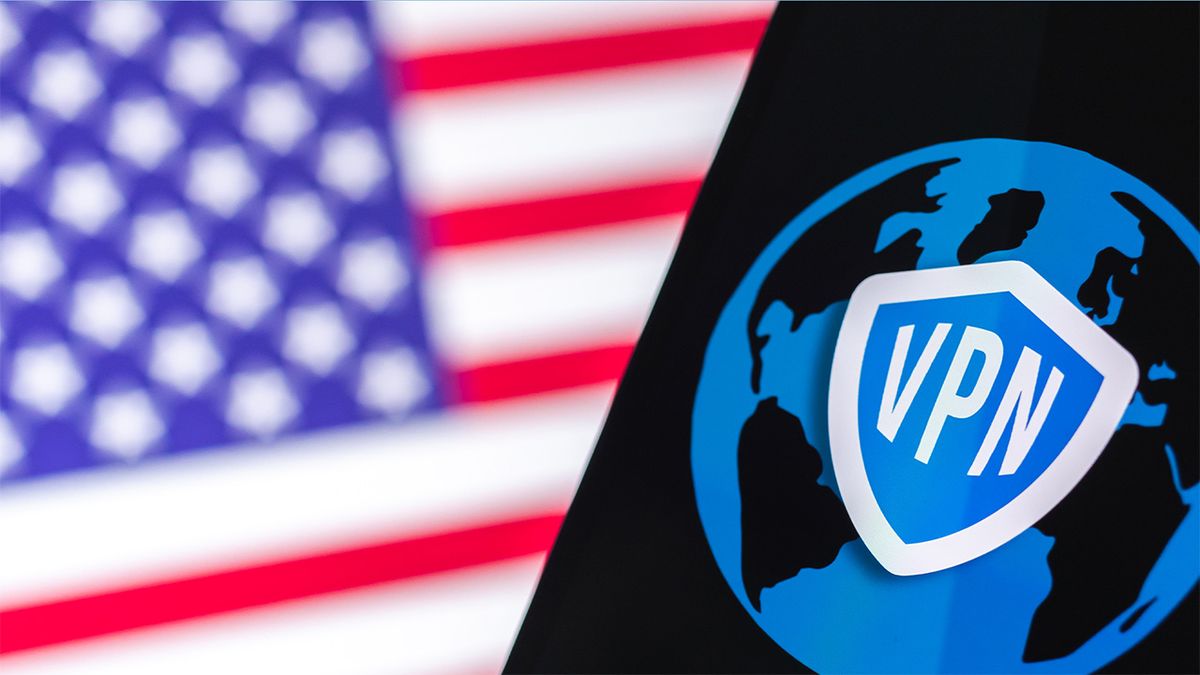Staying safe and maintaining online privacy are some of the biggest concerns for a lot of people. Data leaks, scams, malware, and constant tracking mean the average internet user is more exposed than ever. For lots of users, this exposure has led to a relatively simple solution: using a VPN. By encrypting traffic and hiding browsing activity, VPNs can make it significantly harder for someone to gain unauthorized access to your session or data.
However, there are still millions of users out there who aren’t familiar with VPNs. That’s why, we’re going to cover exactly why VPN usage is rising, along with a look at how VPNs work. Then, we’ll check out some tips for how to choose the best VPN for your safe-browsing needs.
Why VPN Adoption is Surging
First, let’s dig into why more and more people are choosing to use a VPN when they connect. We all know that every single click and search leaves a trail, which is often analyzed by websites, advertisers, marketers, and even internet service providers.
This data is accumulated and can eventually be sold, shared, leaked, or outright stolen, leaving the victims with little control over their personal information. According to the most recent FBI Internet Crime Report, consumers reported $16.6 billion lost to scammers last year, a record high.
The Hidden Costs of Unprotected Browsing
Unprotected browsing is like sending mail without sealing the envelope. Public Wi-Fi networks, such as those found at libraries, hotels, cafes, and airports, carry the most risk.
Anyone lurking on those networks can intercept or eavesdrop on your traffic. They could perform DNS hijack attacks, man-in-the-middle interception, evil twin attacks, or countless others designed to get you to expose sensitive data. Sensitive data you could be putting at risk includes login credentials, banking details, communications, and more.
VPN Usage Trends
VPNs aren’t just tools that tech enthusiasts can use, anyone can deploy a leading VPN solution to secure their data. In 2025, surveys have shown that roughly 30% of US internet users rely on a VPN at least once per week. This figure is significant, but it still means nearly 70% aren’t using a VPN. The trend is upward, showing that security and privacy have become mainstream priorities.
How VPNs Protect You
The core function of a VPN is encryption. When it’s activated, it wraps all of the internet traffic going to and from your computer in a secure layer that can’t be easily read. The encryption keeps your sensitive data from being exposed while your data is in transit.
A VPN also hides your real IP from the sites and services you use, making it harder for websites, advertisers, or bad actors to link specific activity to a user. This protection can be useful for avoiding price discrimination and maintaining a safe connection while shopping or booking travel arrangements.
Free VPNs often come with serious privacy risks, as many providers fund their services by selling user data to third parties. Additionally, these services typically impose limitations like speed throttling, data caps, and access to only a handful of servers.
How to Choose the Best VPN
If you’ve decided that it just makes more sense to be as safe as possible, you might now be wondering how to choose the best VPN. First, look for a service that has a strict policy against keeping activity logs, meaning they don’t store records of your activity or connections. Then make sure that they’re using industry-standard encryption methods, like AES-256.
Getting a kill switch is another important feature. This function automatically cuts your connection, or suspends it, if the encrypted tunnel is dropped. Also, check for a wide server selection, so you can find stable connections easily.
Practical Usage Tips
The best VPN is only effective when used consistently. Always turn it on when connecting to public Wi-Fi, such as at airports or coffee shops. It’s also wise to use it when traveling abroad, especially if logging into banking or work accounts. For sensitive work, route traffic only through trusted networks.
Browse Safely No Matter Where You Connect
As online risks rise, more people are turning to VPNs for safe browsing. With billions lost to scams and increased tracking, it’s clear why adoption is growing. VPNs encrypt traffic, hide personal details from the sites you visit, and protect connections in everyday situations—not just the critical ones.

